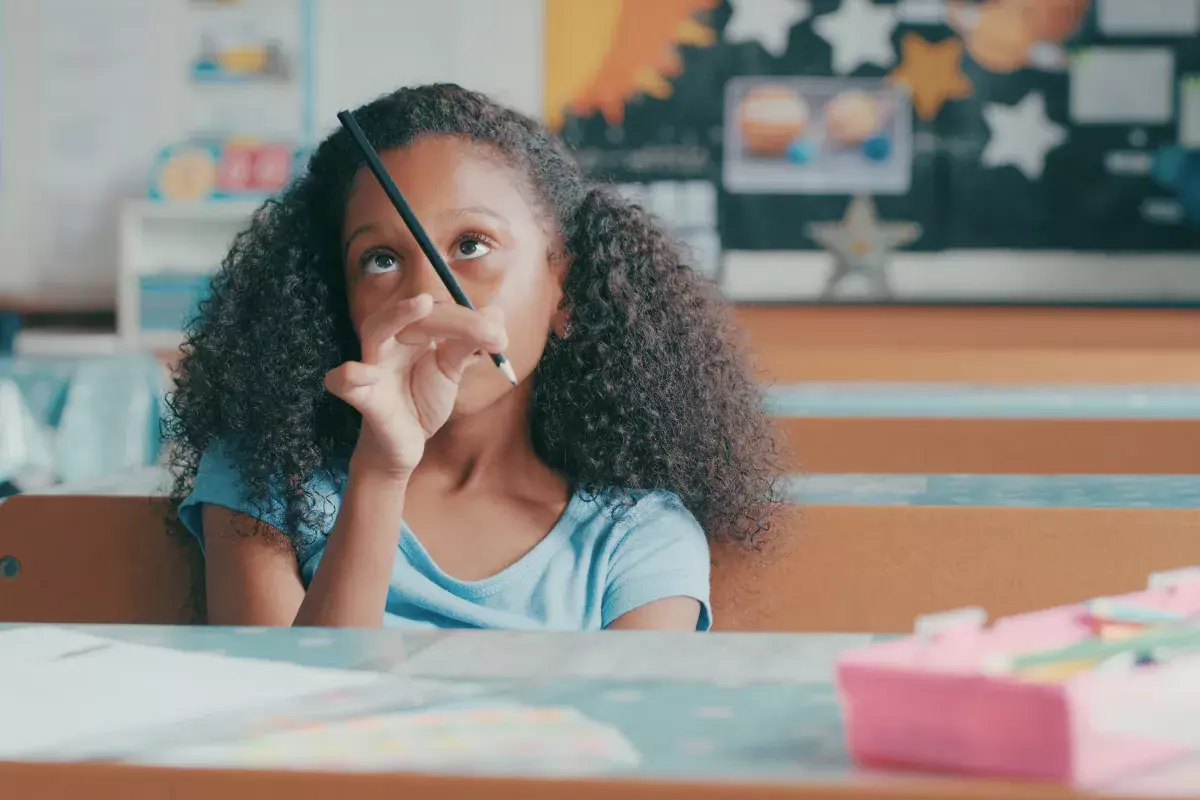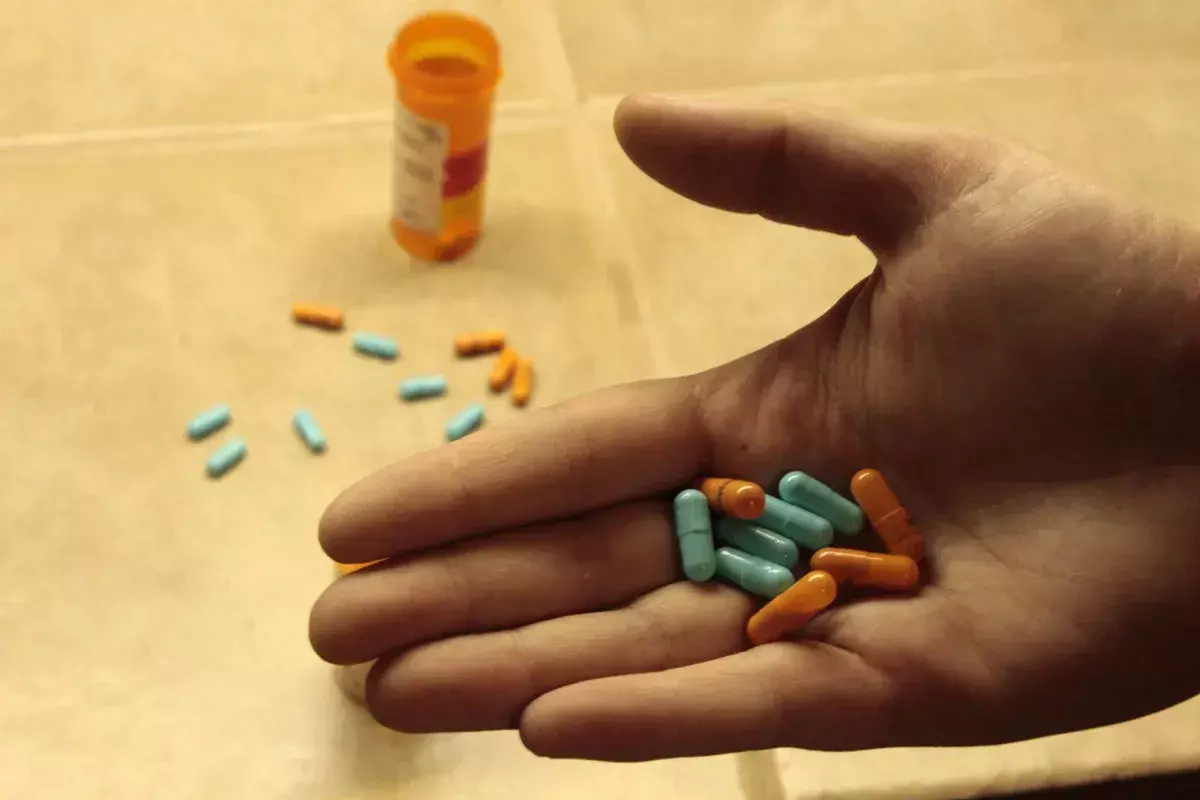
Childhood cancer is a profound shock for families, and expert, team‑based care is essential to guide diagnosis, treatment, and long‑term support. Paediatric Oncology Definition: a pediatric subspecialty dedicated to preventing, diagnosing, and treating cancers in children and adolescents, coordinating chemotherapy, radiation, surgery, clinical trials, and survivorship care tailored to growing bodies and developing minds. Pediatric oncologists lead a multidisciplinary team—nurses, surgeons, radiation oncologists, pharmacists, social workers, psychologists, and child‑life specialists—to deliver safe, age‑appropriate therapies and supportive services. While pediatric oncology surgeons perform tumor biopsies and resections, pediatric oncologists integrate all modalities, personalize plans, monitor side effects, and support families through every phase of care.
Key Takeaways
- Pediatric oncologists specialize in diagnosing and treating childhood cancers.
- A pediatric oncology surgeon performs surgical procedures as part of the treatment plan.
- Comprehensive care for children with cancer involves a team of healthcare professionals.
- Pediatric oncologists play a critical role in planning and delivering treatment.
- Understanding the role of pediatric oncologists is essential for families dealing with childhood cancer.
Understanding Pediatric Oncology Definition
Pediatric oncology deals with cancers in young people. It’s a field that looks at the medical, emotional, and social sides of cancer in kids. It helps children and their families in many ways.
What is Pediatric Oncology?
Pediatric oncology is a special part of medicine for kids with cancer. It’s different from adult oncology because kids get different cancers. Pediatric oncologists are experts in treating these cancers and their long-term effects.
“The care of children with cancer requires a multidisciplinary approach, involving not just oncologists but a team of healthcare professionals, including surgeons, radiologists, and support staff, to address the needs of the child and family.”
Importance of Pediatric Oncologists
Pediatric oncologists are key in treating kids with cancer. They have special training for these cases. They not only treat cancer but also help with long-term effects and support for families.
| Role of Pediatric Oncologists | Description |
| Diagnosis and Treatment | They find the right diagnosis and make treatment plans for each child. |
| Supportive Care | They offer emotional, psychological, and social support to kids and families. |
| Long-term Follow-up | They watch over and manage the long-term effects of treatment. |
Scope of Practice in Pediatric Oncology
Pediatric oncology covers a wide range of work, from diagnosis to follow-up care. Oncologists work with many healthcare teams to give kids the best care. They work with surgeons and radiologists to make sure kids get the best treatment.
Key aspects of pediatric oncology practice include:
- Creating treatment plans that fit each child.
- Managing chemotherapy and other treatments.
- Helping with pain and nutrition.
- Working with other healthcare teams.
The Role of a Pediatric Oncologist

Pediatric oncologists play a key role in treating young patients with cancer. They create treatment plans that fit each child’s unique needs. This approach ensures care that addresses their specific health and life situation.
Patient Care and Treatment Plans
Pediatric oncologists design treatment plans for kids. These plans are made based on the child’s cancer type, health, and age. Effective treatment plans might include chemotherapy, radiation, or surgery.
We make sure families are involved in the treatment process. This teamwork helps reduce worries and ensures the child gets the best care.
Collaborating with Other Healthcare Professionals
Pediatric oncologists work with a team of experts. This team includes pediatric surgeons, radiation oncologists, and psychologists. Together, they make sure treatment plans work well.
Working together, we meet our young patients’ physical, emotional, and psychological needs. For example, a pediatric oncology surgeon might perform surgery or help with chemotherapy or radiation therapy.
Surgical Options in Pediatric Oncology
Surgery is key in treating pediatric cancer. It offers many options for each child’s needs. Surgery can be used alone or with other treatments like chemotherapy and radiation.
Types of Surgeries Commonly Performed
Pediatric surgeons do many complex surgeries for cancer in kids. These include:
- Tumor resections, where the goal is to remove the entire tumor along with a margin of healthy tissue around it.
- Biopsies, which involve taking a sample of tissue for examination to determine the type and stage of cancer.
- Surgeries to relieve symptoms or improve the quality of life, such as reducing pain or addressing complications.
“The surgical management of pediatric cancer requires a multidisciplinary approach, with pediatric surgeons working closely with oncologists and other specialists to provide complete care,” says a renowned pediatric oncologist.
When Surgery is Necessary
Deciding to use surgery depends on many factors. These include the cancer type, stage, and the child’s health. Surgery is often needed when:
- The tumor is localized and can be removed without causing significant harm.
- The cancer is resistant to other treatments, and surgery offers the best chance of removing the tumor.
- Surgery can help alleviate symptoms or improve the child’s quality of life.
Surgery in pediatric oncology is a highly specialized field. It needs technical skill and understanding of children’s unique needs. By working together, healthcare providers can give the best outcomes for kids with cancer.
Non-Surgical Treatments in Pediatric Oncology

pediatric oncology treatment
Pediatric oncologists use many non-surgical treatments to fight cancer in kids. These choices depend on the cancer type, its stage, and the child’s health.
Chemotherapy and Its Role
Chemotherapy is key for many pediatric cancers. It uses drugs to kill cancer cells. We use it for different cancers, often with other treatments too.
Chemotherapy Regimens are made just for each child. We consider the cancer type and stage.
| Type of Cancer | Chemotherapy Regimen | Duration of Treatment |
| Leukemia | Combination therapy with multiple drugs | 2 years |
| Lymphoma | High-intensity chemotherapy with stem cell transplant | 6-12 months |
| Sarcoma | Neoadjuvant chemotherapy followed by surgery | Several months |
Radiation Therapy Explained
Radiation therapy kills cancer cells with high-energy rays. It’s used when needed. We plan and give it carefully to reduce side effects and boost its effect.
Immunotherapy in Pediatric Cancer Care
Immunotherapy uses the body’s immune system to fight cancer. It’s a new area we’re exploring in pediatric cancer care. Clinical trials show promising results.
Immunotherapy Approaches include CAR-T cell therapy and checkpoint inhibitors. They show great promise in treating some pediatric cancers.
Conditions Treated by Pediatric Oncologists
Pediatric oncology is a special field of medicine. It deals with diagnosing, treating, and caring for children with cancer. Pediatric oncologists focus on many cancers that affect kids and teens. We aim to help our young patients in all ways, not just their health.
Common Types of Pediatric Cancers
We treat many cancers in kids, like leukemias, lymphomas, brain tumors, and solid tumors. Leukemia is the most common cancer in kids, making up about 30% of all childhood cancers. Lymphomas, which affect the immune system, are also common.
Brain tumors, both benign and malignant, are a big concern. Solid tumors, like osteosarcoma (bone cancer) and rhabdomyosarcoma (soft tissue cancer), need a team effort for treatment.
Rare Pediatric Cancers
We also handle rare and complex cancers that need special care. These cancers are hard to diagnose and treat. They often require a team of healthcare professionals. Examples include certain types of neuroblastoma and Wilms tumor.
As experts in pediatric oncology, we keep up with the latest research and treatments. Our goal is to give the best care to all children with cancer, no matter the type or rarity.
The Oncology Treatment Team
pediatric oncology team
Pediatric cancer treatment needs a team of experts. We know it’s tough for kids and their families during diagnosis, treatment, and recovery.
Dealing with pediatric cancer is complex. It requires a team of healthcare pros working together for the best results.
Who Makes Up the Pediatric Oncology Team?
The team includes many healthcare experts. There are pediatric oncologists, surgeons, radiation oncologists, nurses, psychologists, and social workers. Each one is key to helping kids with cancer.
- Pediatric Oncologists: They focus on diagnosing and treating children’s cancers.
- Pediatric Surgeons: They handle surgeries for kids, including pediatric surgical oncology.
- Radiation Oncologists: They use radiation to treat cancer.
- Nurses: They give hands-on care and support to kids and families.
- Psychologists and Social Workers: They offer emotional support and counseling.
The Importance of Multidisciplinary Care
A team approach ensures all of a child’s health needs are met. This way, treatment plans are tailored to each child’s unique situation.
| Team Member | Role | Contribution to Care |
| Pediatric Oncologist | Diagnosis and treatment | Develops treatment plans |
| Pediatric Surgeon | Surgical interventions | Performs oncologic surgery |
| Radiation Oncologist | Radiation therapy | Administers targeted radiation |
| Nurse | Hands-on care | Provides ongoing support |
The team works together to give kids with cancer the care they need. They address physical, emotional, and psychological needs.
Pediatric Oncologists vs. Surgeons
Pediatric oncologists and surgeons work together but have different areas of focus. It’s important for families to understand these differences when dealing with pediatric cancer. The journey through diagnosis and treatment can be tough, and knowing the roles of different specialists is key.
Differences in Training and Focus
Pediatric oncologists are trained to treat cancer with chemotherapy, radiation, and more. They manage the overall treatment plan to tackle the cancer fully. Pediatric surgeons, on the other hand, focus on surgery to remove tumors or affected tissues.
We work with both pediatric oncologists and surgeons to give our patients the best care. Their teamwork is essential for creating complete treatment plans for pediatric cancer.
When to See a Pediatric Surgeon
A pediatric surgeon is key in certain situations. They are involved if surgery is needed to remove a tumor or for a biopsy. They also help if complications during treatment need surgical care.
Knowing when to see a pediatric surgeon helps families navigate treatment better. We make sure our patients get all the care they need by working with pediatric surgeons and other specialists.
Patient and Family Support
Pediatric cancer care goes beyond just the patient. It also helps the family’s emotional and practical needs. We know that a cancer diagnosis impacts the whole family. It causes emotional pain and practical problems.
Emotional Support for Families
Our team offers psychological support for families dealing with pediatric cancer. This support is key in helping both the patient and their family members emotionally.
We help families find counseling services and support groups. This way, they get the emotional support they need during tough times.
Resources for Families Affected by Pediatric Cancer
Families facing pediatric cancer often need extra help to get through treatment. We connect them with practical resources. This includes financial aid, accommodation support, and help with daily tasks.
Our team works with families to understand their needs. We provide support that fits their situation. This way, they can focus on their child’s recovery.
We aim to make things easier for families dealing with pediatric cancer. By giving them the support they need, we help them get through this hard time.
Current Trends in Pediatric Oncology
The field of pediatric oncology is seeing big changes. These changes are making cancer treatment better for kids. Research and new ideas are key to improving care.
Advances in Research and Treatment
New treatments and therapies are coming out of research. Participation in clinical trials is important. It helps researchers test new methods and see how well they work.
In pediatric surgical oncology, new techniques are making surgery better. These techniques are more precise and less invasive. This means better results and shorter recovery times for kids.
“The future of pediatric oncology is bright, with ongoing research into targeted therapies and immunotherapies holding great promise for improving survival rates and reducing treatment-related side effects.”
The Future of Pediatric Oncology
The future of paediatric oncology definition looks exciting. New technologies and treatments will be added. Precision medicine and genomic profiling will help make treatments more effective for each patient.
| Trend | Description | Impact |
| Precision Medicine | Tailoring treatment to individual genetic profiles | Improved treatment efficacy |
| Immunotherapy | Utilizing the body’s immune system to fight cancer | Enhanced survival rates |
| Minimally Invasive Surgery | Reducing the extent of surgical interventions | Faster recovery times |
We are dedicated to keeping up with these advancements. This way, our patients get the best treatments available.
Conclusion: The Role of Surgery in Pediatric Oncology
We’ve looked at how pediatric oncology works, focusing on the key role of a team in treating childhood cancers. Pediatric oncologists team up with pediatric surgeons. These surgeons specialize in cancer surgery.
Pediatric surgery oncology is a big part of treating many kids with cancer. Whether or not a child needs surgery depends on their cancer type, stage, and health.
Treatment Options and Communication
It’s important for families to know about treatment choices. This helps them make informed decisions for their child. We stress the need for clear communication with doctors. This ensures families get all the support they need during treatment.
Coordinated Care
Pediatric oncologists and surgeons work together to give each child the care they need. This teamwork is key to getting the best results for kids with cancer.
FAQ
What is pediatric oncology?
Pediatric oncology is a branch of medicine that focuses on treating cancer in kids and teens. We offer specialized care for young patients with different types of cancer.
Do pediatric oncologists perform surgery?
No, pediatric oncologists don’t do surgery. Pediatric surgeons handle the operations. We work together to create detailed treatment plans.
What types of treatments do pediatric oncologists use?
We use treatments like chemotherapy, radiation, and immunotherapy. These choices depend on the cancer type, stage, and the child’s health.
What is the role of a pediatric oncologist in cancer care?
Our role is wide-ranging. We give treatments and emotional support to kids and their families. We make sure treatment plans fit the child’s needs and age.
How do pediatric oncologists and surgeons work together?
We team up to plan and carry out treatment plans. Pediatric surgeons do surgeries when needed. Our teamwork covers all of a child’s health needs.
What kind of support is available for families affected by pediatric cancer?
We offer emotional support and practical help. Our goal is to support the whole family during treatment.
What are the common types of pediatric cancers treated by pediatric oncologists?
We treat many types of childhood cancers. Our training covers both common and rare cancers.
What is the importance of a multidisciplinary team in pediatric oncology?
A team approach is key in pediatric oncology. It ensures all health aspects are covered. Our team works together to plan and execute treatment plans.
What is the future of pediatric oncology?
Pediatric oncology’s future looks bright, with new research and treatments. We aim to improve survival rates and lessen treatment side effects.
Why is open communication with healthcare providers important in pediatric oncology?
Clear communication helps families understand treatment options. We encourage asking questions and seeking clarity on care.
Reference
- National Academies of Sciences, Engineering, and Medicine; Health and Medicine Division; Board on Health Care Services; Committee on Childhood Cancers and Disability. (2020). Treatment modalities for childhood cancers. In Childhood Cancer and Functional Impacts Across the Care Continuum. National Academies Press. https://www.ncbi.nlm.nih.gov/books/NBK569416/









